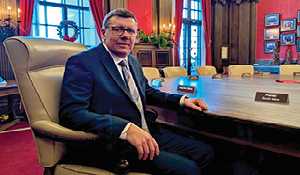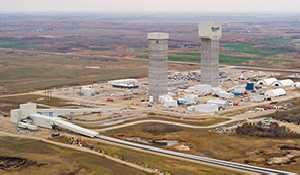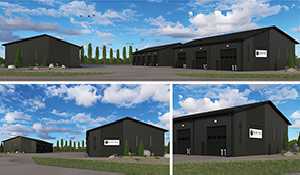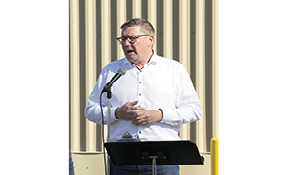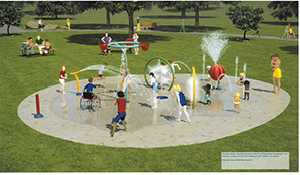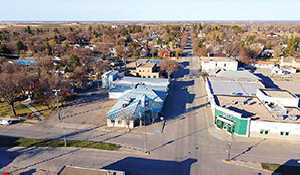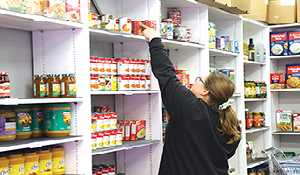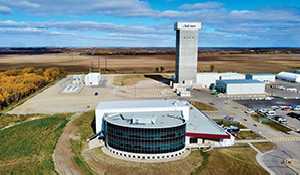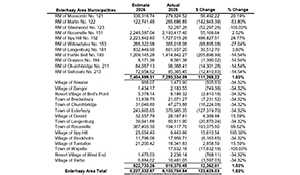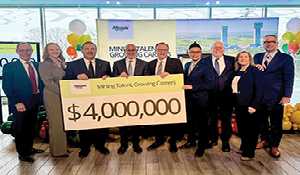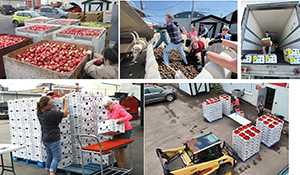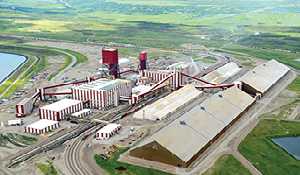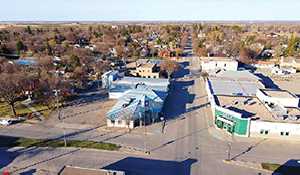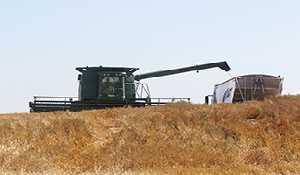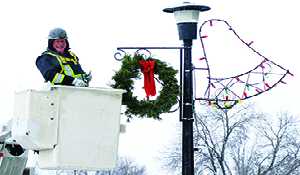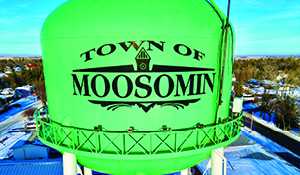No PST increase in 2018 budget
April 11, 2018, 9:06 am
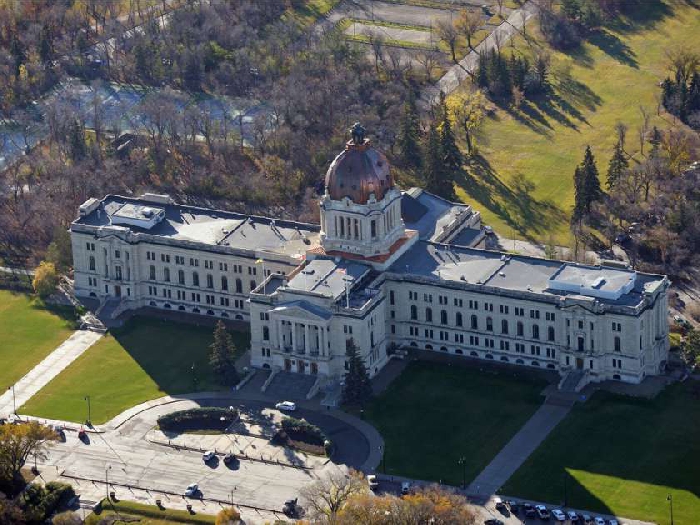

Saskatchewan Finance Minister Donna Harpauer tabled the 2018-19 budget Tuesday, boasting record spending in both health and social services alongside $30 million in previously announced restored funding for K-12 education.
The budget forecasts revenues at $14.24 billion, with spending at $14.61 billion, leaving a $365 million deficit.
The province's deficit was estimated at $696 million in last year's budget and was down to $595 million at the third quarter update.
"Last year's budget, as difficult as it was, began the shift from our overreliance on resource revenue to a more stable source of revenue and there was difficult decisions but we're seeing the benefit of those decisions in this budget," Harpauer said.
The province is forecasting a moderate rise in both oil and potash prices. Non-renewable resource revenue accounts for 10 per cent of all government revenue in the new budget, the same as last year, which is down from 32 per cent in 2008-09.
The Saskatchewan Party government announced a 3.5 per cent wage reduction to public sector employee compensation in last year's budget, amounting to a projected savings of $250 million, but that plan does not appear in this year's budget.
The government is aiming for $70 million in compensation savings over the next two years. It says this will be achieved through "efficiency initiatives" and "overtime management."
"There are no layoffs related to this budget," Harpauer said.
The province was able to cut into its deficit through a large savings in pension liability and reduced expense for the Teachers' Superannuation Plan, a savings of $352 million in the education budget alone.
The government said pension funds stopped losing money, meaning the province had to contribute less to fulfill its obligations. These changes have no impact on pensions themselves, according to the government.
Last year, the government raised the Provincial Sales Tax (PST) one point to six per cent and expanded the scope of what the tax applied to. There will be no rate increase this year, but the province is applying the tax to two more things.
A PST exemption for light used vehicles will be eliminated, generating an estimated $95 million.
PST will also be applied to the retail sale of cannabis, although revenue generated from this has not been included in the budget.
"The uncertainty is huge. This is very uncharted territory. We don't believe [cannabis] revenues will be significantly strong in the first year," Harpauer said.
The government is breaking a record for health care spending in its 2018-19 budget.
The biggest chunk of the $5.77 billion is $3.5 billion for the newly created Saskatchewan Health Authority. The province says it is saving $19 million on amalgamation into the single authority.
The province is also committing $11.4 million in new money for mental health initiatives.
HIV medications will now be 100 per cent covered at an additional cost of $600,000.
Children under the age of six with Autism Spectrum Disorder are now eligible for $4,000 in government money per year, which is a total investment of $2.8 million.
The province is increasing spending in the ministry of social services by $25 million, to a record $1.38 billion.
This includes an increase of $10.4 million for community-based organizations and foster families.
The Saskatchewan Rental Housing Supplement is being replaced by a program co-developed with the federal government.
As of July 1, 2018, the province will stop taking applications, but clients enrolled before then will continue to receive benefits.
On Feb. 6, Premier Scott Moe announced he would keep a promise from his leadership campaign, committing $30 million in the ministry of education to hire 400 teachers and educational assistants across the 27 school divisions. This $30 million is the total increase in the $1.87 billion dollar school operating budget for 2018-19, up 1.6 per cent from last year.








